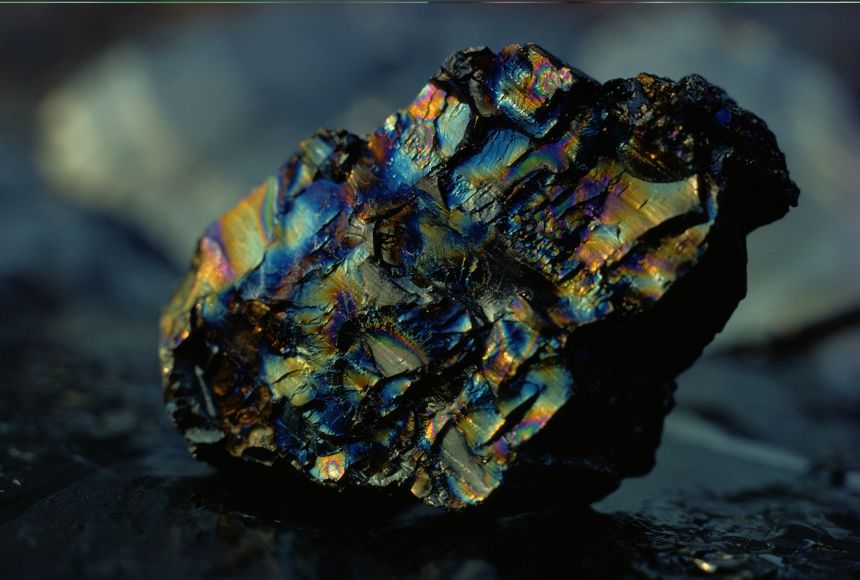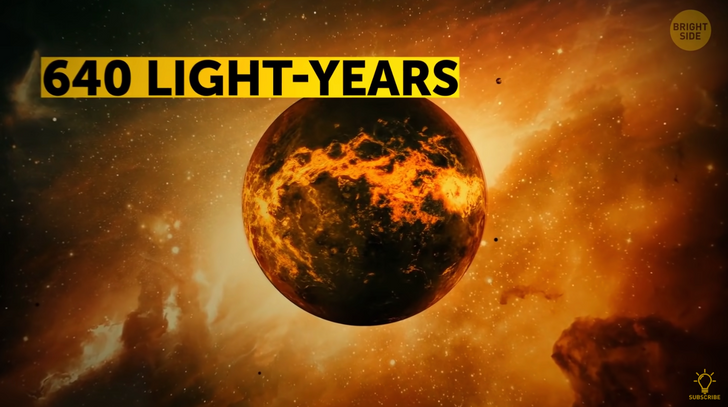Most Expensive Thing on Earth Takes Billions of Years to Make / Bright Side

The most expensive stuff in the universe — yeah, grandiose — is called anti-matter. Its existence was first theorized in 1930, when the electron was discovered. Scientists thought it might mean the exact opposite should exist too, and they called this hypothetical particle “positron.” Later, antipodes of other elementary particles, protons and neutrons, were proven to exist as well.When a particle and its evil twin collide with each other, they disappear, releasing literal tons of energy — 10,000 times more than a nuclear reaction does. But there’s a catch: it takes about 100 billion years to create just 1 g of anti-matter, and it can only be created using the Large Hadron Collider. That’s why the cost of this substance is about $62 trillion bucks. And we’re not even close to getting that much!Throughout the entire history of space observation, only two objects from another star system, or maybe even another galaxy, have entered our Solar System. The first one was the Oumuamua asteroid, discovered in 2017. The second was Borisov — a comet found in August 2019. The cloud of dust that surrounds it allows scientists to learn more about substances that may have come to us from another galaxy.

The Young Earth Under the Cool Sun - Eos

2023 is full of good news you haven't heard

Most Expensive Thing on Earth Takes Billions of Years to Make

Most Expensive Diamonds In The World 2023

Something Makes Earth Lose 50,000 Tons of Weight Each Year

Coal

Most Expensive Thing on Earth Takes Billions of Years to Make

Most Expensive Thing on Earth Takes Billions of Years to Make

How Big Oil and Big Soda Kept the Plastics Crisis a Secret for Decades

A Visit to Ghibli Park, a Miyazaki Theme Park - The New York Times

EARTH Takes Billions of Years to Make Most Expensive Thing On

Unbelievable! 5 Planets That Make Earth Look Like a Wasteland

Most Expensive Things on Earth Takes Billions of Years to Make
Microscopic Black Holes Could Be Flying Through Space Like Bullets